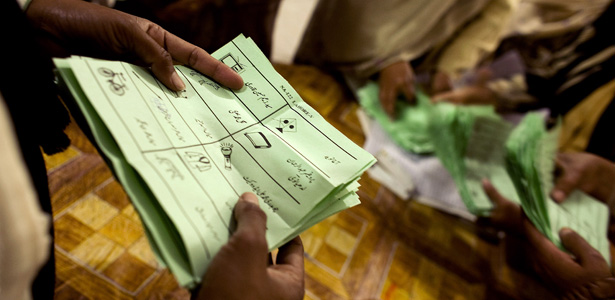Policy Brief
Promises and Policies – Reviewing Party Manifestos for the 2013 Elections
by: Ahmer Naqvi
Date: May 9, 2013
2013 promises to be a historic year for democracy in Pakistan, as the country marks its first democratic transition between civilian governments in its 66-year history. Unlike the previous elections in 2008, there is no protest movement in the backdrop or the shadow of a military ruler. Yet the level of violence in 2013 is worse than the unrest that marked the previous elections, with relentless, ruthless attacks on several political parties.
Almost all the major parties have had a chance to govern in the last five years. The Pakistan Peoples Party ruling the centre with the Muttahida Quami Movement and the Awami National Party, a PPP-led alliance governing Balochistan, a PPP-MQM alliance governing Sindh, and the ANP forming the Khyber-Pakhtunkhwa government. The main opposition party in the National Assembly, the Pakistan Muslim League-Nawaz, ruled the country’s largest province, Punjab. The Pakistan Tehrik-e-Insaf and the Jamaat-e-Islami boycotted the 2008 elections and are now returning to electoral politics.
Much has changed in Pakistan since 2008. Events like the rise in oil prices, the global financial crisis, increased instability in Afghanistan, and a spate of domestic natural disasters meant that many mistakes by the governments – both at the federal and provincial levels – were compounded.
